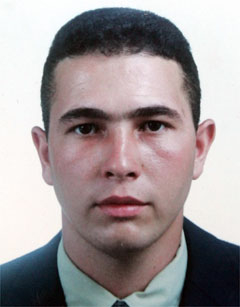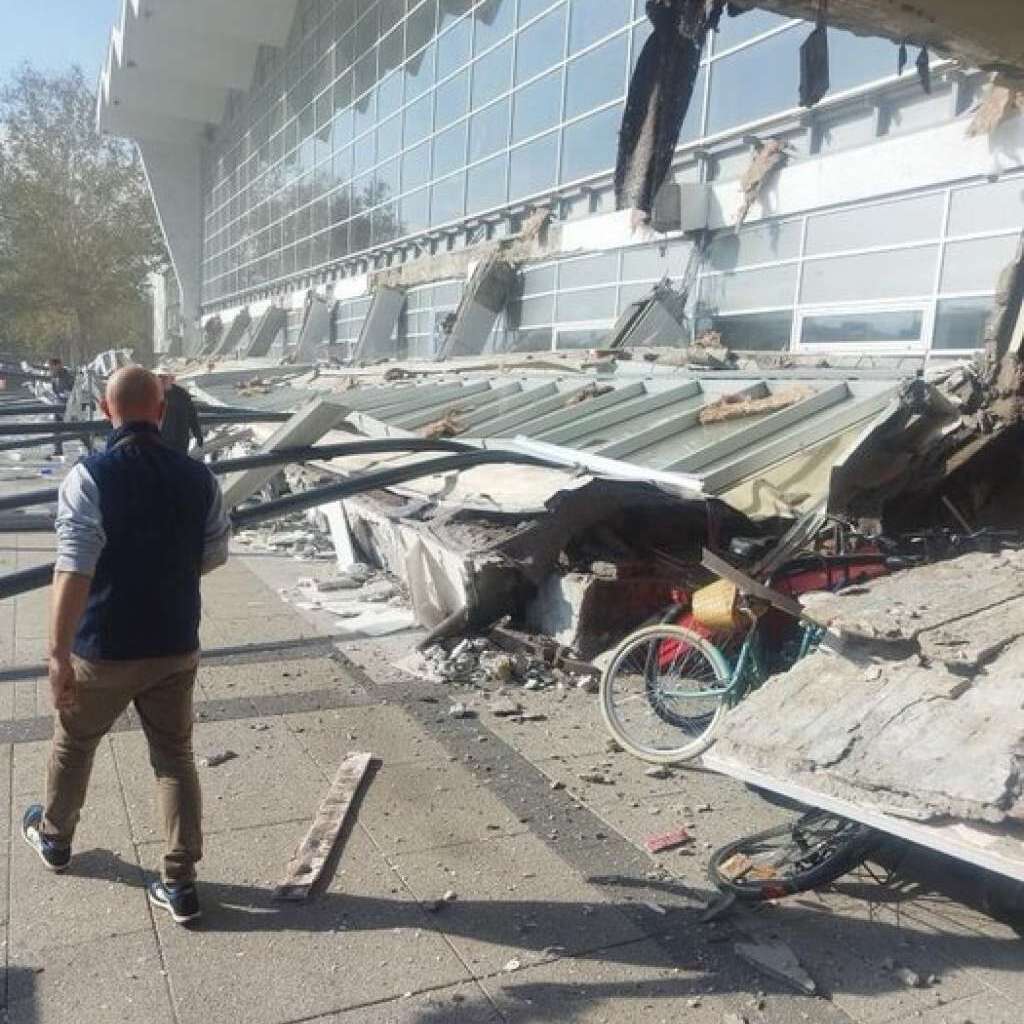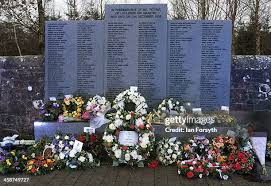
Introduction
Jean Charles de Menezes was a Brazilian man whose tragic death in London on July 22, 2005, highlighted significant issues surrounding public safety, police conduct, and the complexities of counter-terrorism. His story not only evokes deep compassion but also raises awareness about the implications of vigilante justice in times of crisis.
The Incident
On that fateful morning, London was reeling from a series of failed suicide bombings that had occurred just a day earlier. De Menezes, who was unaware of the heightened tensions and security measures, made his way to work on the Tube. Mistaken for a suspect, he was pursued by police who believed he was connected to the bombings.
Despite being unarmed and compliant, de Menezes was tragically shot seven times by armed officers at Stockwell tube station. His death was met with an immediate outcry and growing public concern regarding the police’s actions and their rules of engagement during such critical situations.
Aftermath and Legal Ramifications
The aftermath of de Menezes’ death sparked an intense investigation, led initially by the Independent Police Complaints Commission (IPCC). The findings revealed that the police had acted on flawed intelligence. As a result, there were calls for accountability and change within the Metropolitan Police Service.
In 2006, the Metropolitan Police admitted to making errors that led to de Menezes’ unnecessary death. However, aims to prosecute individual officers were abandoned, drawing further criticism from various human rights organisations and the public, underscoring the complex relationship between state power and civil rights.
Legacy and Public Discourse
The killing of Jean Charles de Menezes has since remained a touchstone in discussions regarding police accountability and community trust. His family campaigned for justice and transparency, fostering discussions about the balance between effective policing and civil liberties. In various public forums and legal reform discussions, de Menezes’ name is frequently referenced in the broader context of police reform and emergency response protocols.
Conclusion
Years after the tragic incident, the memory of Jean Charles de Menezes continues to resonate within conversations about civil rights and public safety. His story remains vital as society grapples with the tension between security measures and ethical governance. It serves as a poignant reminder of the implications of hasty decisions and the ongoing need for reform within security forces to ensure that tragedies like this are not repeated.
You may also like


Understanding the Impact of the Novi Sad Tragedy

Reflections on the Lockerbie Tragedy: 35 Years On
SEARCH
LAST NEWS
- Remembering Wendy Richard: The Promise to Co-Star Natalie Cassidy
- How Did Anglian Water Achieve an ‘Essentials’ Rating for Mental Health Accessibility?
- Shai Hope Leads West Indies in T20 World Cup Clash Against South Africa
- What We Know About Weston McKennie: Future at Juventus and Past at Leeds
- What We Know About the Upcoming Live Nation Antitrust Trial